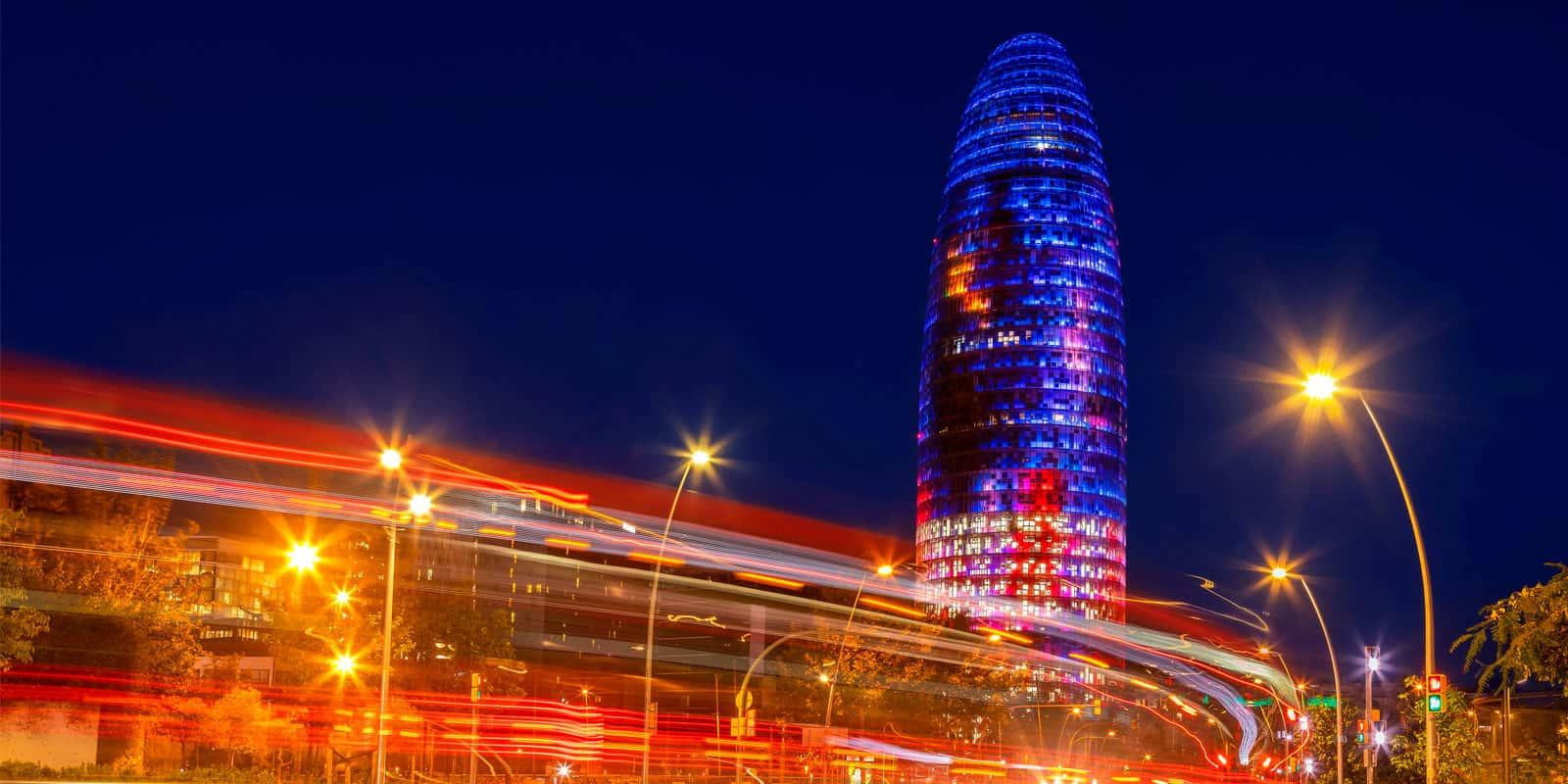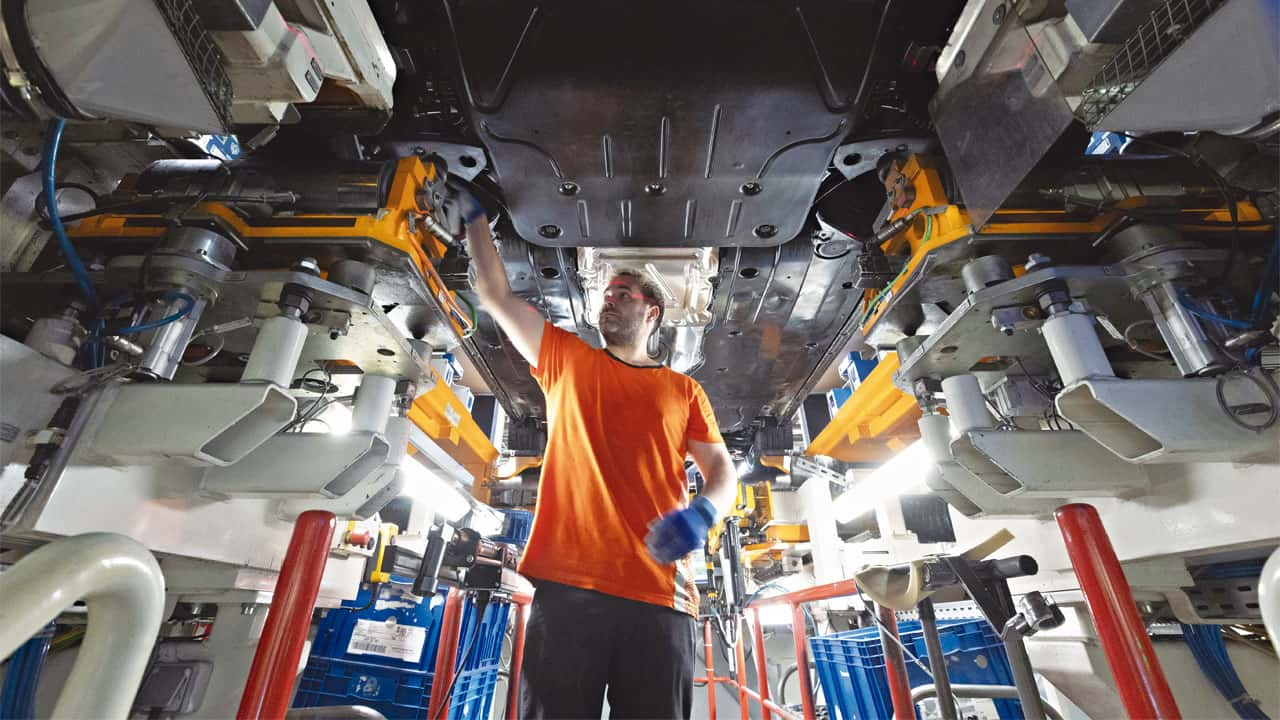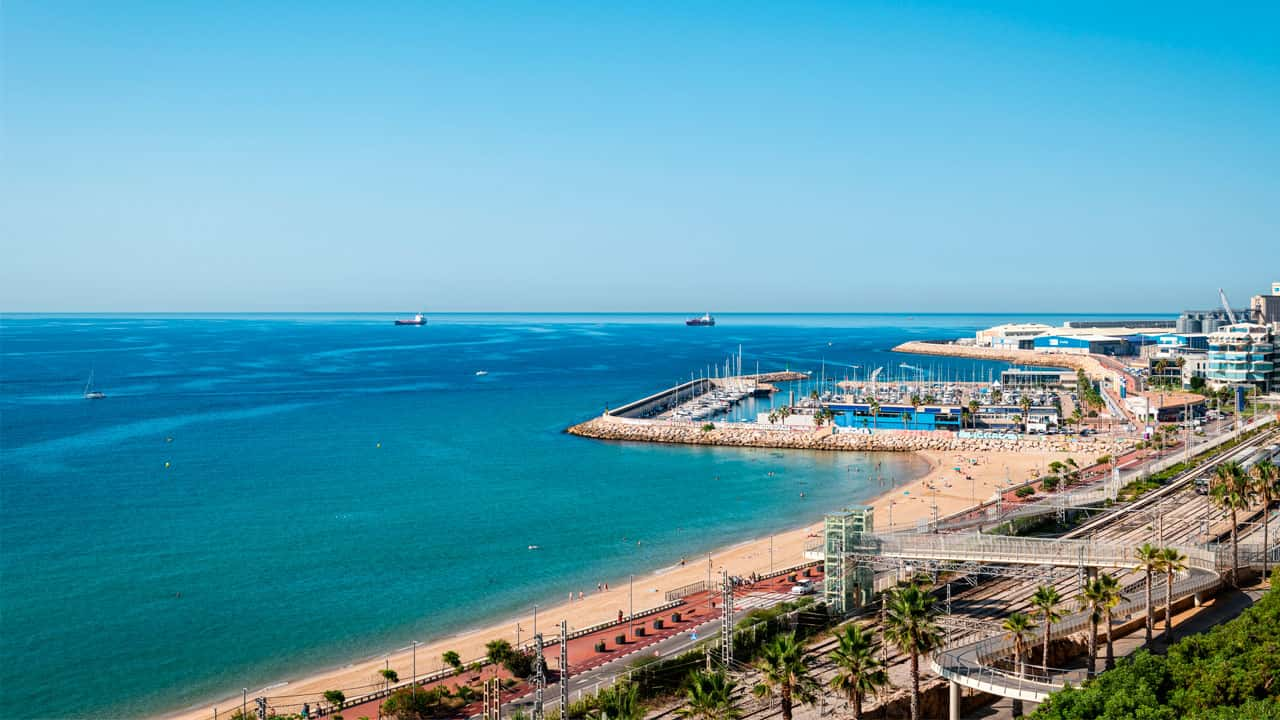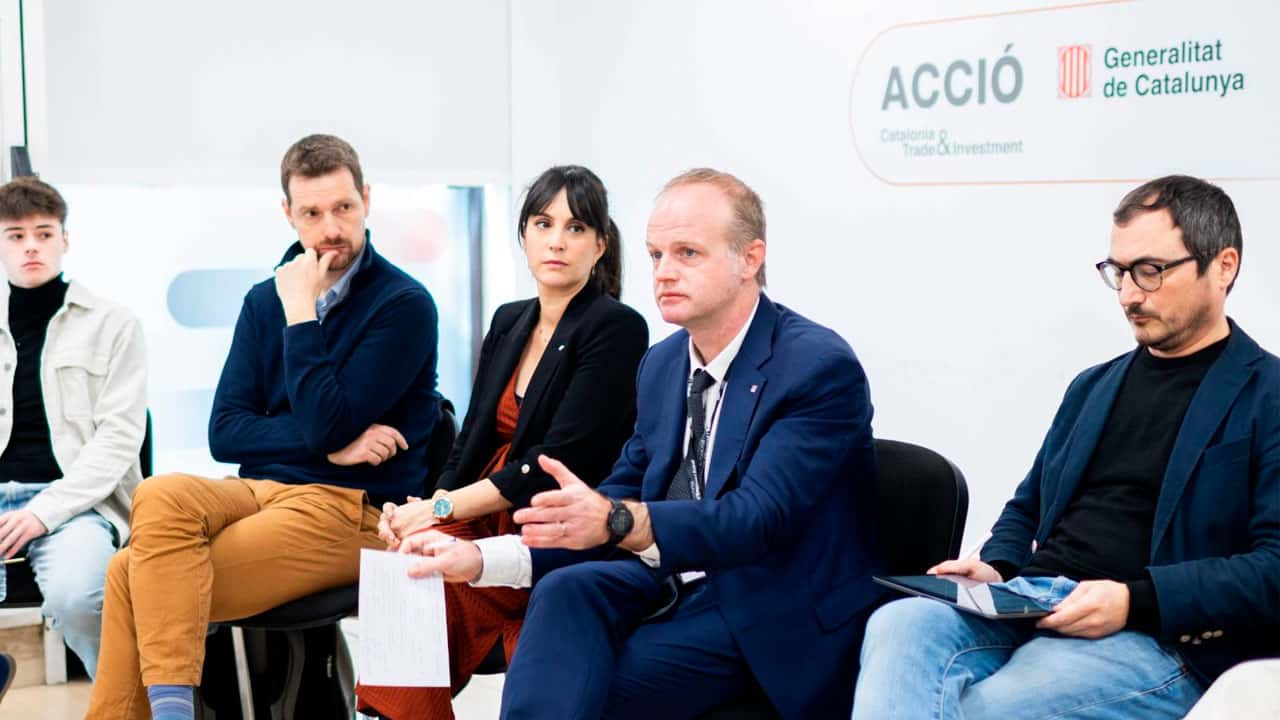
Nikkan Kogyo highlights Catalonia as an investment destination in Europe

Content available in: Japanese
29 Feb 2024
Catalonia has a manufacturing cluster with a gross domestic product of approximately €270 billion and represents about 25% of the Spanish industry.
The text below reproduces part of an article from Nikkan Kogyo, a Japanese newspaper that provides comprehensive coverage of industrial matters, reporting on business activities and information from all industrial sectors. Download the original article in Japanese.
Catalonia is located in the northeast of Spain. In addition to attracting people with its unique culture, including Gaudi's architecture, the region has a manufacturing cluster with a gross domestic product of approximately €270 billion, more than Portugal, and represents about 25% of the Spanish industry. In recent years, investment by Asian companies has increased, which is linked to the economic development of Catalonia. The article explores efforts to harness next-generation mobility and hydrogen, where new investments are expected.

Electric Vehicle: Urgent Infrastructure Development, Including Charging
"Much of the investment coming out of Asia is important because it is technology related. Mobility in particular is going through a period of change, and investment in technology is necessary to transform the region", says Albert Castellanos, CEO of ACCIÓ-Catalonia Trade & Investment and Secretary for Enterprise and Competitiveness of the Ministry of Business and Labour.
Catalonia is well connected to the rest of Europe and Africa by land, sea and air. In addition to scientific and technological infrastructure, such as automotive technology development institutes and chemical research centers, the region also attracts talented people. There are more than 2,000 startups in Barcelona-Catalonia. These characteristics have also contributed to foreign investment of 6 billion euros in 2020. Japanese investment is the highest in Asia, with around 260 companies.
In the European Union, in order to accelerate investment in growth sectors, NextGenerationEU was created, a 750 billion euro fund for recovery after the COVID-19 pandemic. With 70 billion euros, Spain is the largest beneficiary, together with Italy, and the Spanish central government has drawn up a recovery and transformation plan based on this fund.
SEAT (Barcelona), a company of the Volkswagen Group, announced in 2022 the Future Fast Forward program, in which more than 50 companies in the automotive sector are participating. The program was also selected as a PERTE beneficiary. To make Spain the European center for electric vehicles, the program will work on the electrification of the entire value chain, including batteries and charging stations. The investment will amount to 10,000 million euros, the largest ever made in Spain.
One of the investments by Asian companies related to the program is the construction of a plant by South Korea's Lotte Energy Materials to produce electrolytic copper sheets for automotive batteries. The total investment is expected to reach 600 million euros and the plant will be operational in 2024.
Marc Riera, Vice President of Purchasing at SEAT, identified "price and infrastructure" as necessary factors for the expansion of the electric vehicle market. He is confident that if, in collaboration with suppliers, 75% of the materials necessary to manufacture electric vehicles are produced in Spain to reduce manufacturing costs and lower prices, and if at the same time infrastructure such as charging stations are developed, "we will be able to stimulate demand", says the vice president. The company is also studying the possibility of collaborating with Japanese companies to popularize the EV.

Green Hydrogen: Promoting the use and creating an ecosystem of 260 companies
Similar to the mobility sector, the green hydrogen sector is also developing, which is one of the objectives of the PERTE strategic project. The Hydrogen Valley of Catalonia, an ecosystem of around 260 companies and organizations, has been created to promote the use of green hydrogen produced from renewable energies.
Catalonia is home to the Port of Tarragona, the largest petrochemical hub in southern Europe. It is estimated that the port would need 400,000 tons of green hydrogen per year to be fully decarbonized. With that in mind, as many as 75 projects will be launched by 2028 in four sectors, including automotive and R&D.
In the industrial sector, a 25-kilometer pipeline is planned from the port to the petrochemical center, with an annual hydrogen consumption of 70,000 tons. In the automotive sector, the ambitious goal is to increase the number of hydrogen vehicles for trucks, buses and other commercial vehicles to 281.
The America's Cup, a historic international sailing regatta that has been held since 1851, will celebrate its 37th edition in Barcelona starting in August 2024, where the use of hydrogen is also attracting attention. The previous winner of the Cup is responsible for setting the rules for the next competition. This year, it was decided that each team must enter at least one hydrogen-powered boat for the tenders, which traditionally run on diesel.
The tender used by the last winning team, Emirates Team New Zealand, is powered by Toyota Fuel Cells. There will be a hydrogen refueling station at the competition site, and many engineers will be on hand.
One of the America's Cup's official states: "The Cup will be the beginning of a decarbonised maritime system. The current hydrogen infrastructure is temporary, but we want to lobby the government to make it permanent."
Some local companies are taking steps toward change in response to the growing push for hydrogen use. MMM, which designs and manufactures automotive fluid control systems, has begun manufacturing the methanol reformer, a device that produces hydrogen from methanol and water, using its stockpile processing technology. The company's strength is that it is relatively small, easy to install and does not produce nitrogen oxides during hydrogen production. MMM believes that the hydrogen business has the potential to grow to 15-20% of its total business in the next 2-3 years.

Interview with Albert Castellanos, CEO of Catalonia Trade & Investment, on Catalonia's industrial strengths and support measures for foreign companies
What are the industrial characteristics of Catalonia?
It is one of the most industrialized regions in Spain, with exports of around 100,000 million euros. There are 9,255 international companies, including 1,835 technology companies. Companies such as Microsoft have set up centers of innovation in Catalonia. It is also important as a startup hub for southern Europe.
The weakness of the Japanese currency could lead to a decline in investment by Japanese companies. Are there any solutions?
NextGenerationEU is an opportunity. The fund can be used by foreign capital, including Japanese companies, if it is expected to have a positive impact in Catalonia.
In what areas do you expect Japanese companies to invest?
Currently, 600 companies are considering investing in Catalonia, 40 of which are Japanese. They hope to introduce technologies for the production, transport and storage of green hydrogen, and Catalonia Trade & Investment is providing them with information on legal and fiscal issues, individual consultations and guidance on subsidies applicable to their investment plans. Projects with the highest number of jobs created and investment value will be given priority.
Source: Nikkan Kogyo
Discover our services.
-

Setting up your company
See moreCatalonia Trade & Investment assists foreign companies in starting a business in Barcelona-Catalonia.
-

Business Location Service
See moreGet all the information about Barcelona-Catalonia industrial buildings, land, business centers, or office spaces.
-

Financing & Incentives
See moreAs a Catalan government agency, we provide expert support and financial aid for your business in Barcelona-Catalonia. We will assist you during the application process and negotiation.

